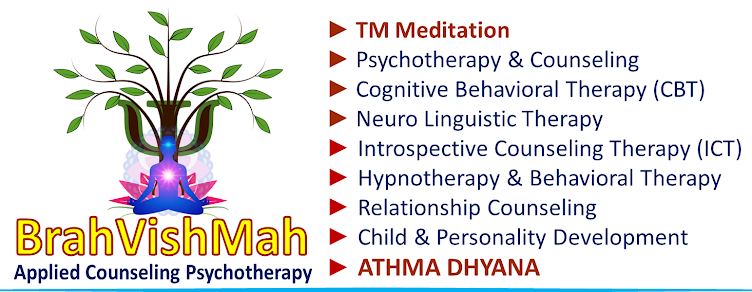Symptoms
When the disease is active, it can be characterized by episodes in which the person is unable to distinguish between real and unreal experiences. As with any illness, the severity, duration and frequency of symptoms can vary; however, in persons with schizophrenia, the incidence of severe psychotic symptoms often decreases as the person becomes older. Not taking medications as prescribed, the use of alcohol or illicit drugs, and stressful situations tend to increase symptoms.
1) Positive symptoms: (those abnormally present) Hallucinations, such as hearing voices or seeing things that do not exist, paranoia and exaggerated or distorted perceptions, beliefs and behaviors.
2) Negative symptoms: (those abnormally absent) A loss or a decrease in the ability to initiate plans, speak, express emotion or find pleasure.
3) Disorganized symptoms: Confused and disordered thinking and speech, trouble with logical thinking and sometimes bizarre behavior or abnormal movements
Behavioral: social isolation, disorganized behavior, aggression, agitation, compulsive behavior, excitability, hostility, repetitive movements, self-harm, or lack of restraint
Cognitive: thought disorder, delusion, amnesia, belief that an ordinary event has special and personal meaning, belief that thoughts aren't one's own, disorientation, mental confusion, slowness in activity, or false belief of superiority
Mood: anger, anxiety, apathy, feeling detached from self, general discontent, loss of interest or pleasure in activities, elevated mood, or inappropriate emotional response
Psychological: hallucination, paranoia, hearing voices, depression, fear, persecutory delusion, or religious delusion
Speech: circumstantial speech, incoherent speech, rapid and frenzied speaking, or speech disorder
Also common: fatigue, impaired motor coordination, lack of emotional response, or memory loss
Support and Rehabilitation
After the symptoms of schizophrenia are controlled, various types of therapy can continue to help people manage the illness and improve their lives. Therapy and psychosocial supports can help people learn social skills, cope with stress, identify early warning signs of relapse and prolong periods of remission. Because schizophrenia typically strikes in early adulthood, individuals with the disorder often benefit from rehabilitation to help develop life-management skills, complete vocational or educational training, and hold a job. For example, supported-employment programs have been found to help people with schizophrenia obtain self-sufficiency. These programs provide people with severe mental illness competitive jobs in the community. For many people living with schizophrenia family support is particularly important to their health and well-being
Schizophrenia is a disturbing condition for any individuals and it does not allow them to lead a normal or happy life.
But the condition is only to the mind and personality. It can not effect one's soul.
Together we all can support the individuals that are suffering from this disorder to lead a normal life. For that, we need to treat them as to be normal.
With Love
Manivannan RJ




No comments:
Post a Comment